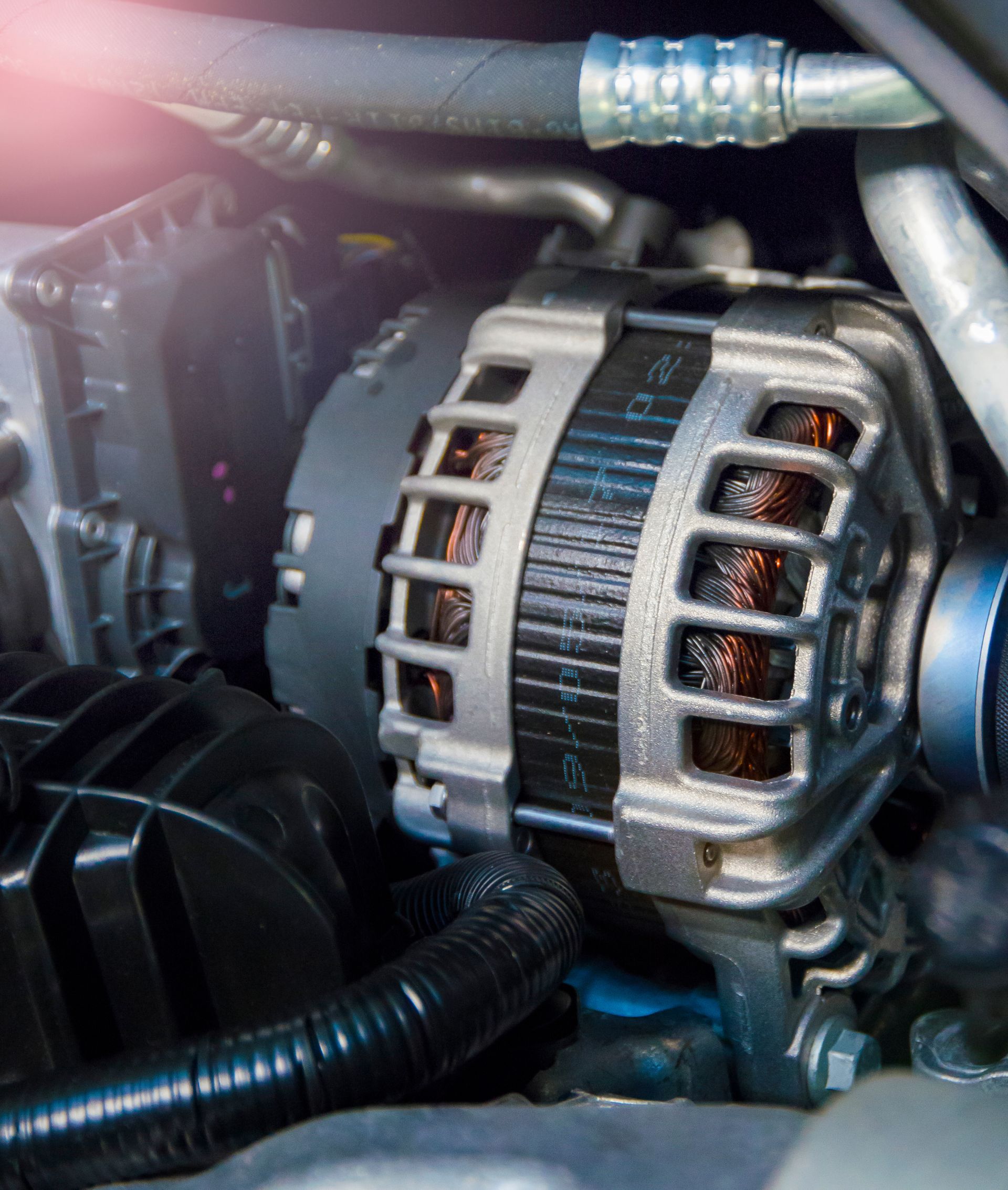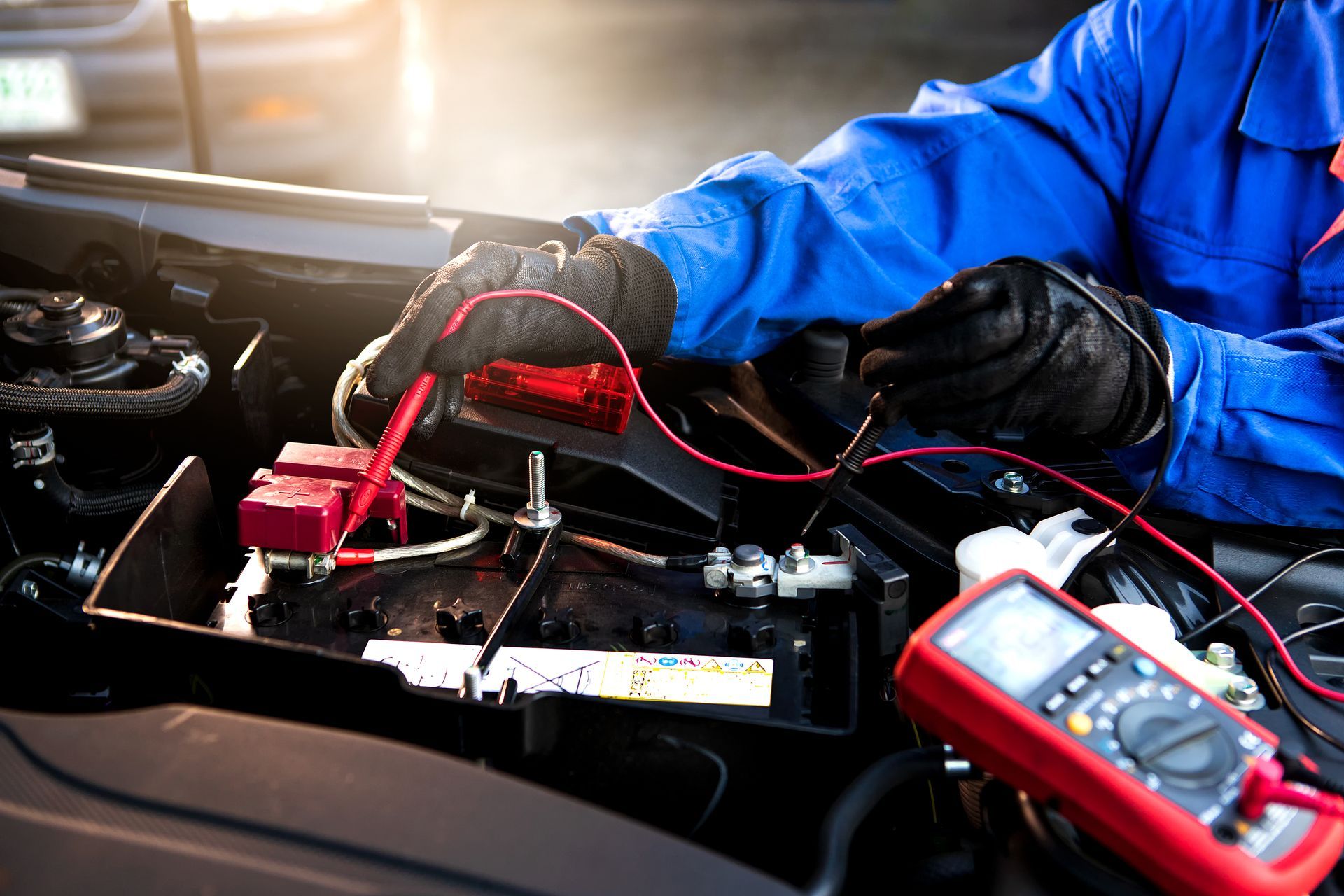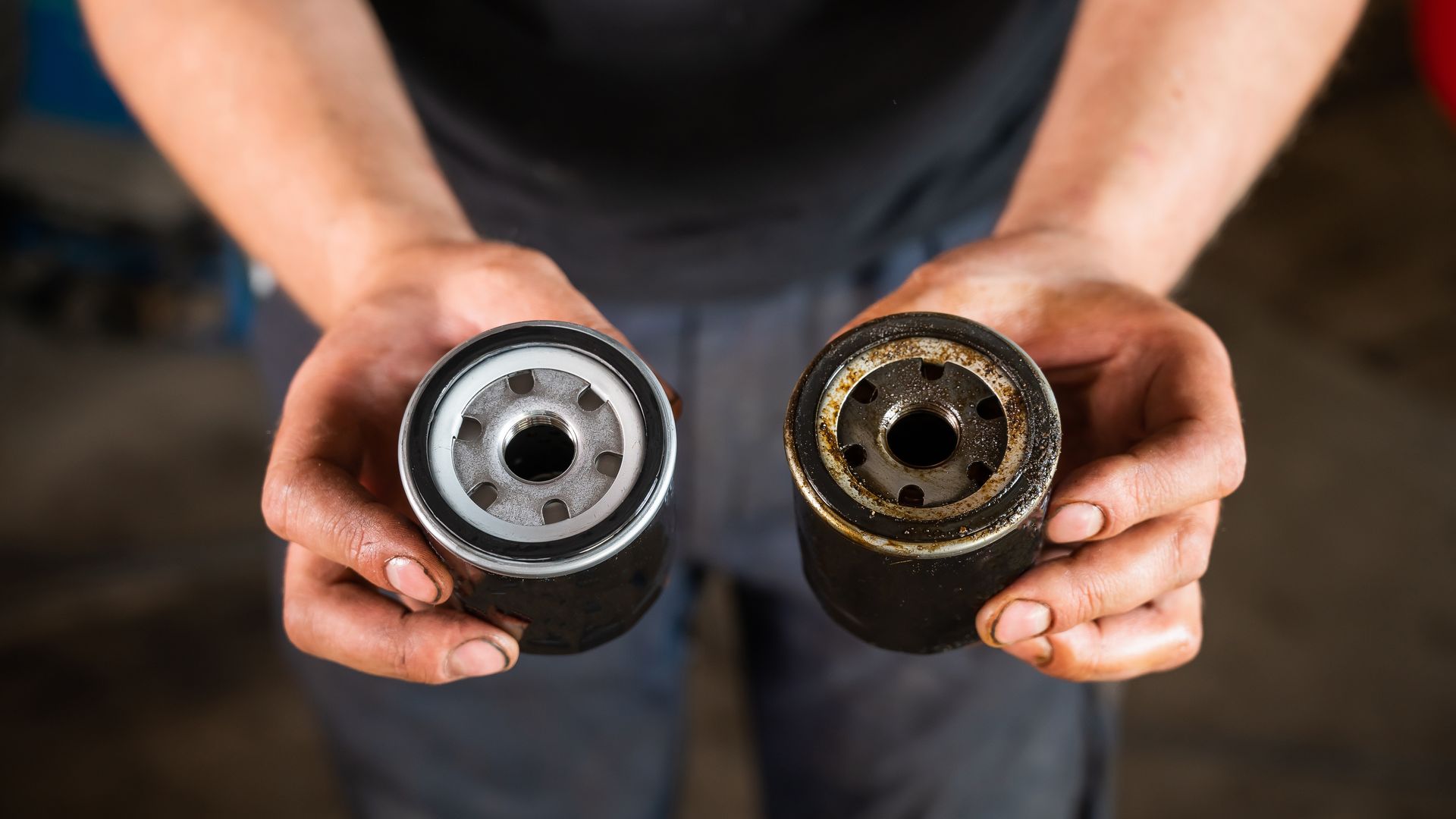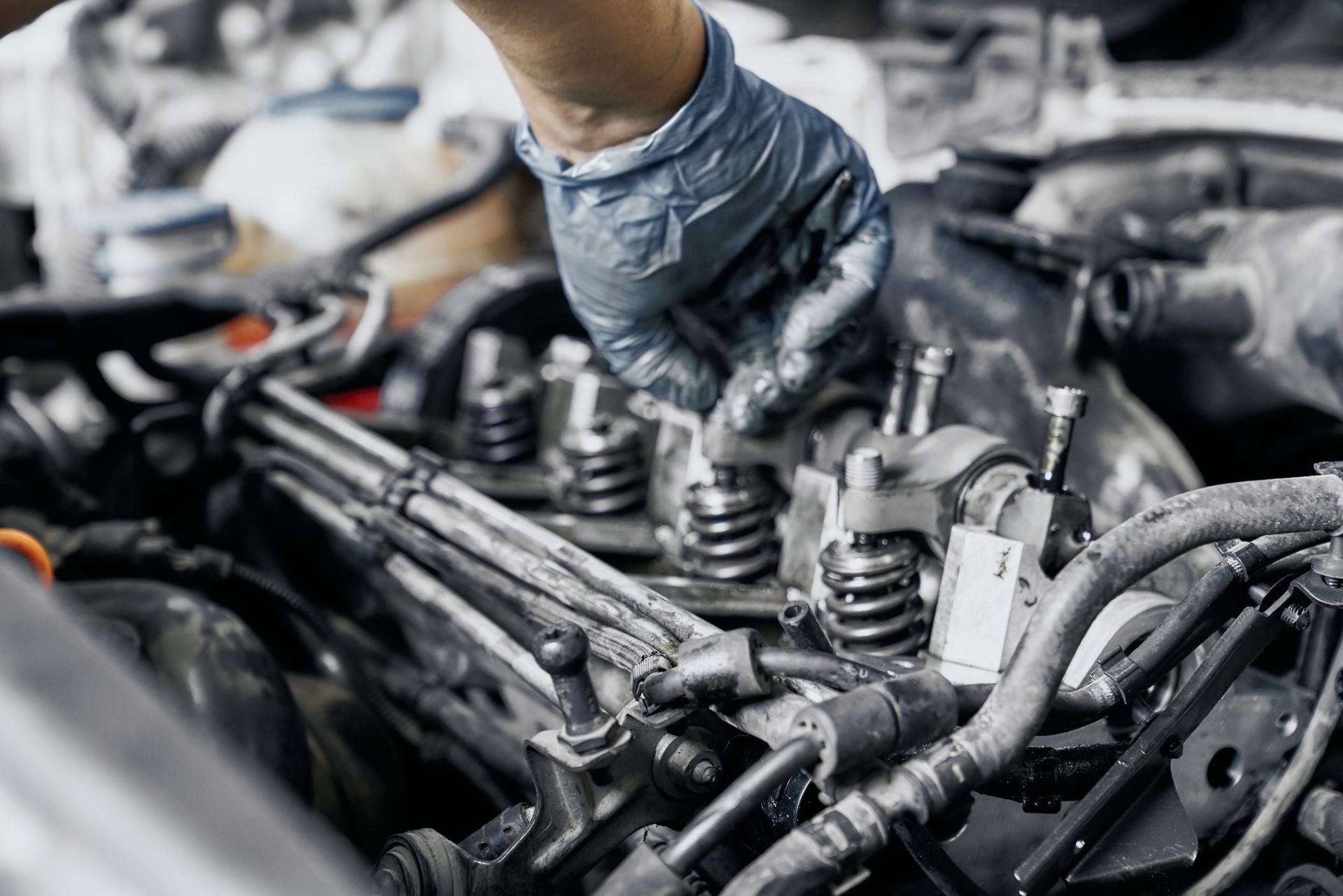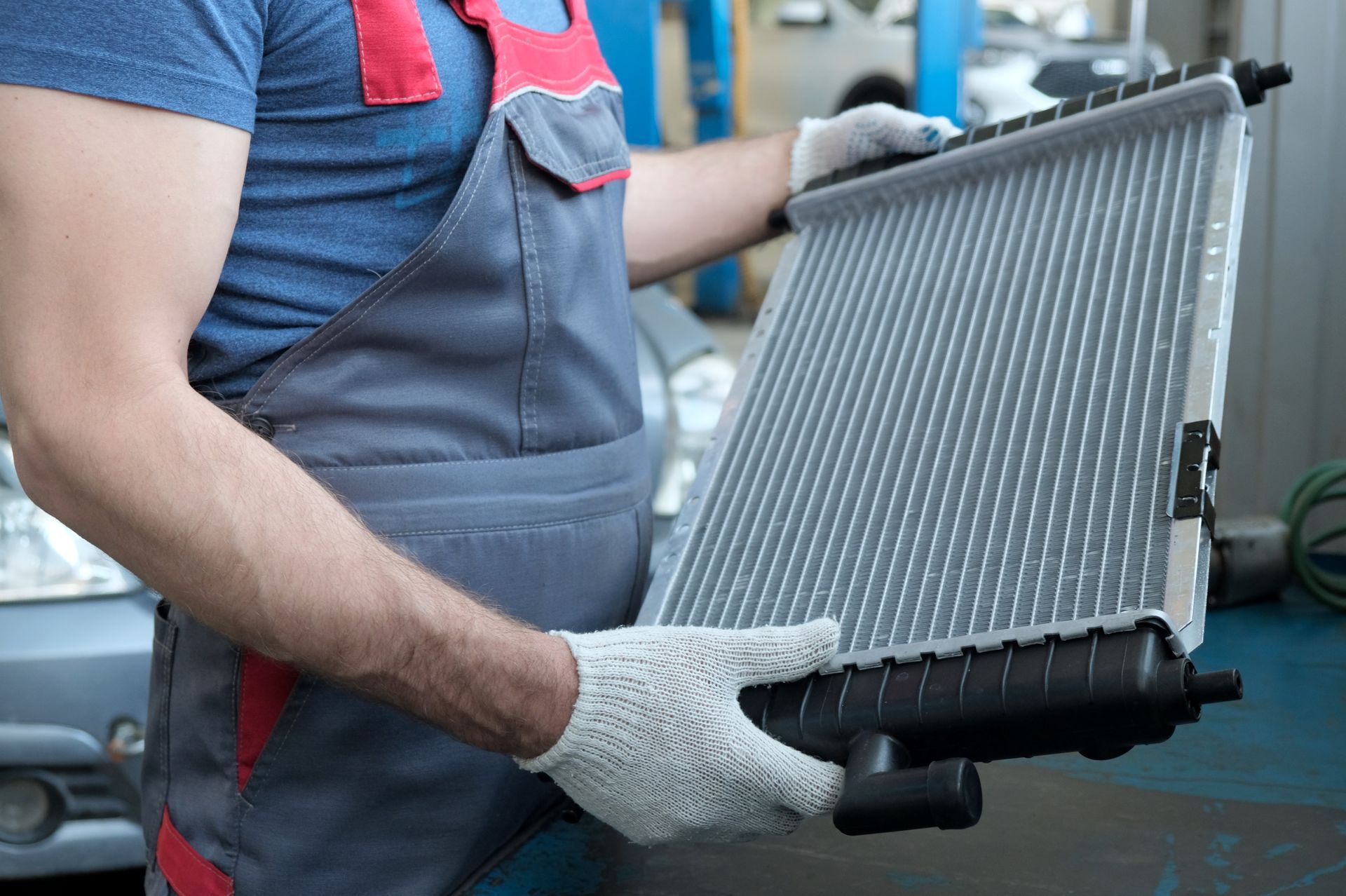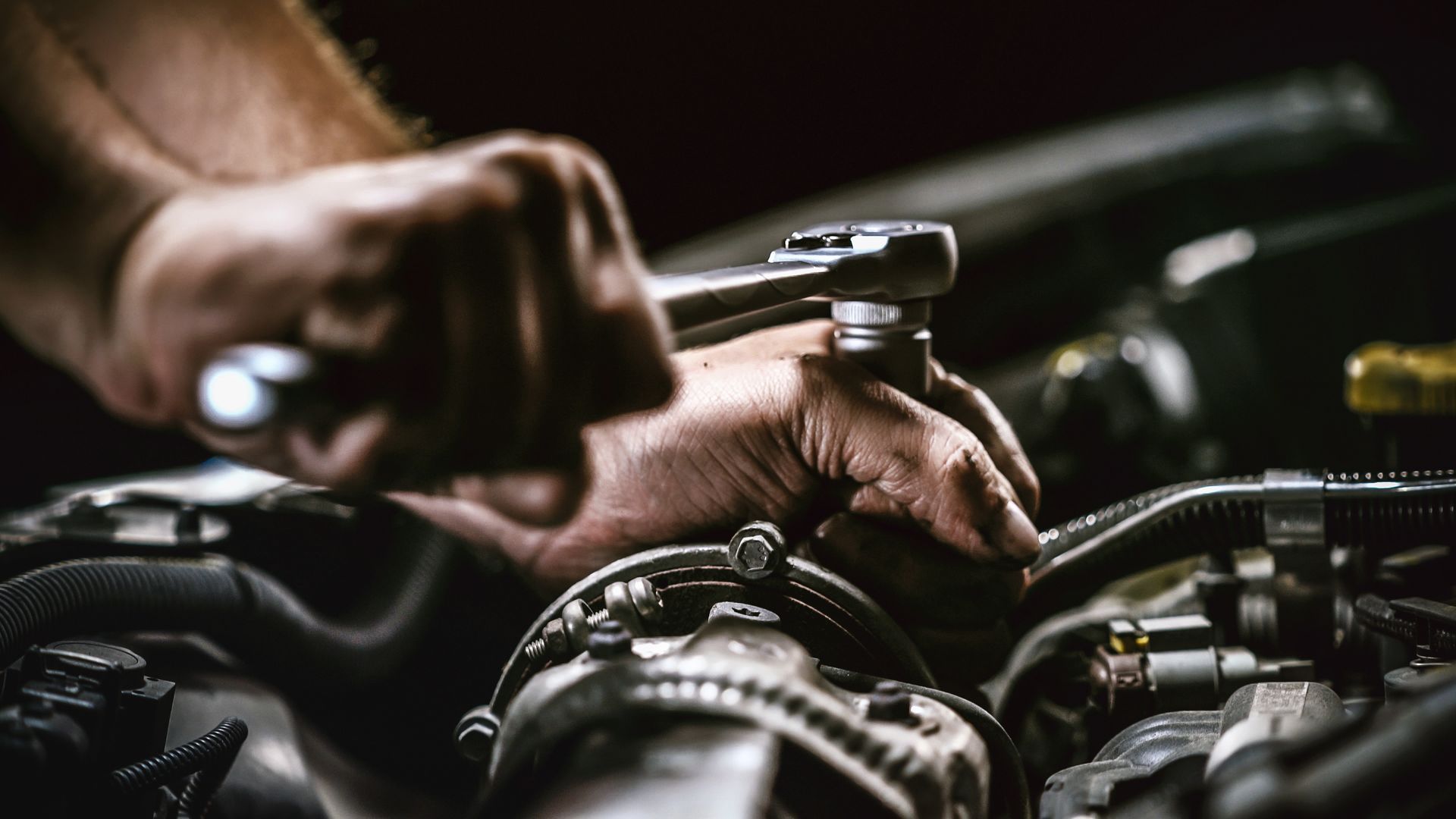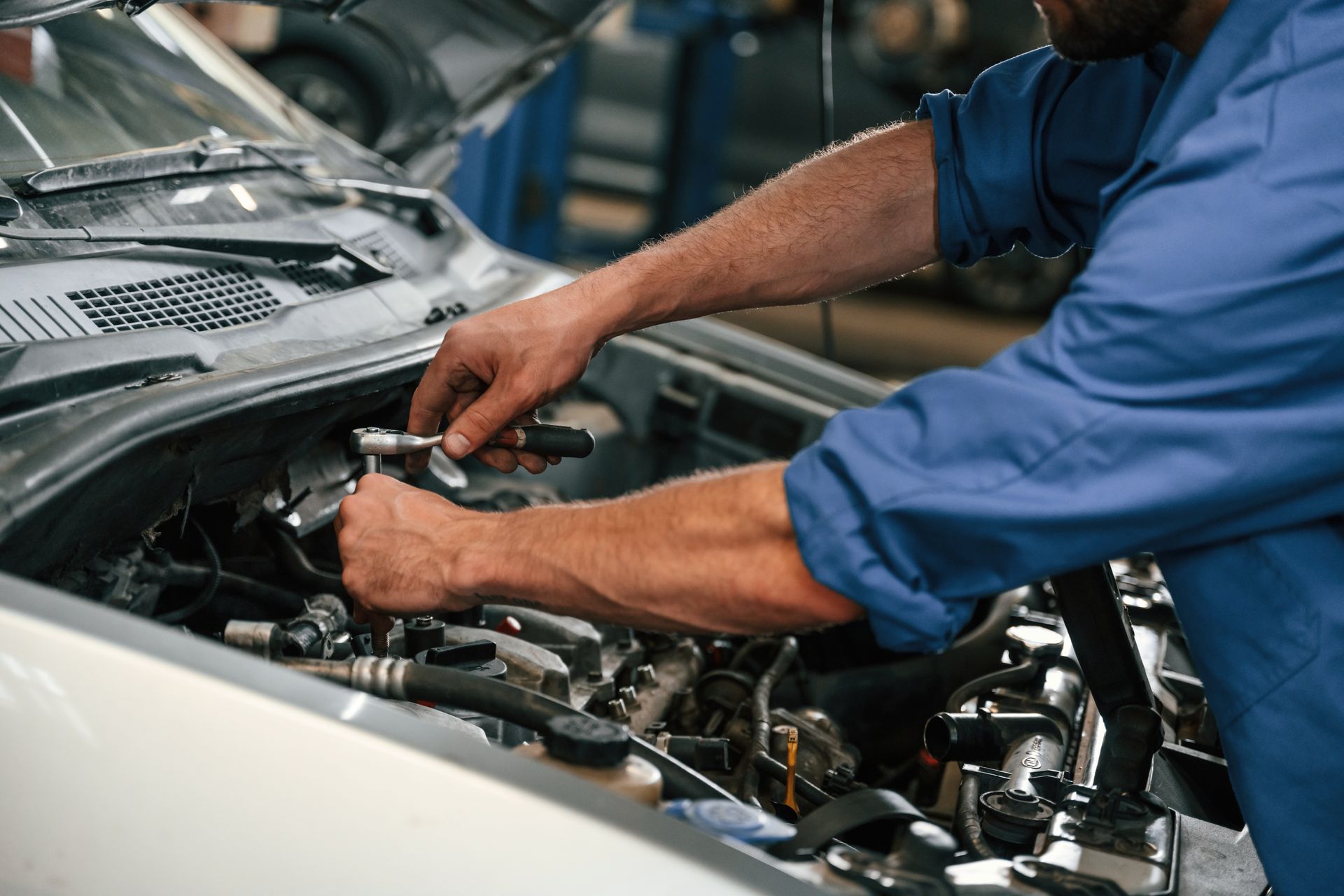The Crucial Role of the Exhaust System in Vehicle Performance and Environmental Impact
The exhaust system is an often-underappreciated vehicle component but plays a crucial role in performance, emissions control, and overall driving experience. Comprising various components such as the exhaust manifold, catalytic converter, muffler, and tailpipe, the exhaust system performs vital functions. We will explore the significance of the exhaust system and how it contributes to vehicle performance, emissions reduction, and driver comfort.
Efficient Emissions Control
One of the primary functions of the exhaust system is to reduce harmful emissions produced during the combustion process. The catalytic converter, a key component in the exhaust system, helps convert toxic gases such as carbon monoxide, nitrogen oxides, and unburned hydrocarbons into less harmful substances before they are released into the environment. An efficiently operating exhaust system with a properly functioning catalytic converter ensures compliance with emission regulations and reduces the vehicle’s environmental impact.
Optimal Engine Performance
The exhaust system also plays a role in optimizing engine performance. The exhaust manifold collects and directs exhaust gases away from the engine cylinders, ensuring proper scavenging and maintaining an ideal backpressure level. Proper scavenging helps the engine breathe better and improves overall performance, fuel efficiency, and throttle response. A well-maintained exhaust system contributes to a smoother driving experience.
Noise Reduction
The exhaust system, particularly the muffler, reduces the noise generated by the engine’s exhaust gases. It features specially designed chambers and baffles that help dampen and redirect sound waves. A properly functioning muffler ensures a quieter ride and minimizes excessive noise, enhancing driver comfort and reducing noise pollution in residential areas.
Preventing Harmful Exhaust Leaks
A properly sealed exhaust system prevents harmful exhaust leaks. Cracks, holes, or loose connections in the exhaust system can result in exhaust gases escaping before they pass through the catalytic converter, leading to increased emissions and potential health hazards for vehicle occupants. Regular inspections and maintenance of the exhaust system ensure that it remains intact and properly sealed, preventing leaks and protecting the health of the vehicle occupants and the environment.
Longevity of Engine Components
The exhaust system also contributes to the longevity of other engine components. By efficiently removing and directing hot exhaust gases away from the engine, the system helps prevent overheating and potential damage to sensitive engine components, such as valves and cylinder heads. A well-maintained exhaust system aids in preserving the overall health and performance of the engine.
The exhaust system is a critical vehicle component, impacting performance, emissions control, noise reduction, and engine longevity. The exhaust system plays a vital role in the overall driving experience, optimizing engine performance and reducing noise. Regular exhaust maintenance and inspections ensure proper functionality, minimizing emissions and promoting a safe and enjoyable driving environment.
